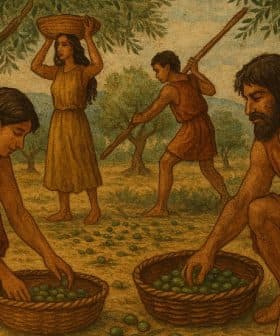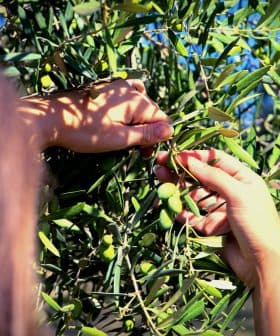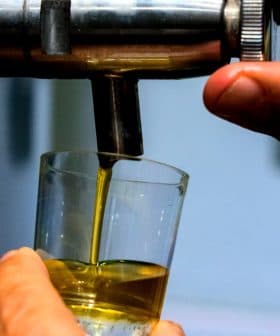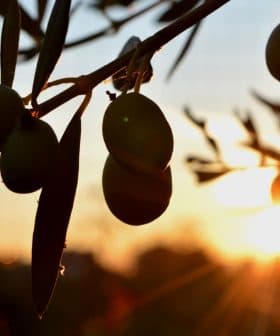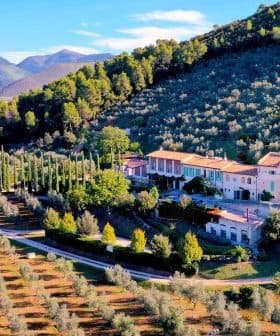Italy Strengthens Sanctions for Olive Oil Fraud
The Italian government approved modifications to a draft legislative decree which would have decriminalized penalties for counterfeiting. The new measure provides for new administrative sanctions and introduces a system of traceability.
The Council of Ministers approved a decree containing sanctions for violating EU olive oil regulations, rectifying a draft legislative decree that had downgraded penalties for counterfeiting olive oil. The decree implements a traceability system to fight fraud in the olive oil sector and includes administrative penalties for failing to display origin information on packaging.
The Council of Ministers approved a decree containing provisions on sanctions for the violation of EU Regulation No. 29/2012 concerning the marketing standards for olive oil, and EEC Regulation No. 2568/91 on the characteristics of olive oils and olive-pomace oil and on relevant methods.
We are satisfied that the Government rectified the decree and confirmed the criminal charges introduced by the ‘save oil’ law.
With this validation, the government implemented modifications that the Agriculture and Justice Committees provided to a draft legislative decree in December that would have downgraded penalties for counterfeiting of olive oil and which caused concern among Italian farmers and consumers.
The action completed the measures laid down by Law no 9 of January 14, 2013 (the so-called ‘save oil’ law) and includes, according to a government statement, administrative penalties for failing to display an indication of origin and other information which must visibly appear on the packaging.
Administrative penalties were also introduced for the irregular keeping of stock records. The government clarified that “the administrative sanction intervention area is still confined to the sector not covered by the criminal law, to which is reserved the repression of any kind of food fraud.”
The imposition of the sanctions provided by the decree is entrusted to the Central Inspectorate for the protection of quality and fraud repression of food products (ICQRF) of the Ministry of Agricultural, Food and Forestry Policies, and the competencies assigned under current legislation to the authorities responsible for the ascertainment of breaches remain unchanged.
The decree fulfills a legal framework that implements a traceability system, indispensable for the fight against frauds in the olive oil sector.
“We are satisfied that the Government has rectified the decree and confirmed the criminal charges introduced by the ‘save oil’ law,” said the vice president of the Parliamentary Commission on the Phenomena of Counterfeiting and Piracy, Colomba Mongiello, who pointed out the strategic importance of olive oil sector and made in Italy agribusiness.
Consumer associations appreciated the measure: “We have at last obtained a system of sanctions, aimed at the truthfulness of the information on the label, which gives greater guarantees. The protection of the Italian green gold is critical to safeguarding the supply chain and consumer,” said Matteo Pennacchia, of the consumer group Codici.


